Farmers feel WTO threat
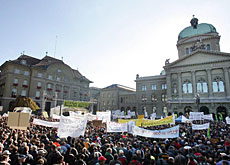
Farmers from 53 countries, including Switzerland, have called on the World Trade Organization (WTO) not to give exporting nations the upper hand in agriculture.
The Swiss Farmers Association (SFA) warned that if markets are opened up to imports by cutting tariffs, farmers’ livelihoods would be under threat in many countries.
The association’s director, Jacques Bourgeois, said on Wednesday that if a proposal made by the G20 group of the 20 biggest industrialised and emerging nations was accepted at WTO talks this week in Geneva, custom duties could be cut by up to 90 per cent in some cases.
He added that this – along with reductions in subsidies – was more likely to benefit major agricultural producers rather than developing nations.
According to Bourgeois, dropping tariffs would have “dramatic” consequences for farmers’ families. The farmers’ association reckons that accepting the G20 proposal would amount to cutting farming revenue in Switzerland by SFr3 billion ($2.41 billion).
Swiss farmers, who are among the most subsidised in the world according to a report released by the Organisation for Economic Co-operation and Development last week, aren’t the only ones worried about the WTO talks.
Foreign allies
Farmers from the European Union are concerned about the outcome of the negotiations within the Doha round of trade talks. Rudolf Schwarzböck, president of the Committee of Professional Agricultural Organisations in the EU, said the G20 proposal was unacceptable.
“We are ready to open our borders and give developing countries access to our markets,” he said. “But we want a fair result that ensures a future for our agriculture and guarantees food supplies for each nation.”
Schwarzböck added that the United States among others should show the same flexibility as the EU during talks and be prepared to make some concessions.
Farmers from non-EU states, Norway and Iceland, as well as from Japan, Korea, Indonesia, India and many developing nations are also worried about the outcome of the negotiations.
The SFA’s president, Hansjörg Walter, said that his association’s members weren’t against trade talks. But he called for clear commercial rules that would allow family farms to survive.
“Too much liberalisation benefits first and foremost international corporations that can produce in bulk and save on costs,” he added.
The Swiss government has already planned to cut farm subsidies by SFr600 million from SFr14.1 billion to SFr13.5 billion over the three-year period beginning in 2008.
The SFA says this will mean a 20 per cent drop in farmers’ revenues.
Negotiating
More than 60 ministers are expected in Geneva for the negotiations starting on Thursday to hammer out long-standing differences over opening up their markets to farm and manufacturing imports.
Countries are supposed to outline by the end of July how they plan to implement binding aspects of a new global trade treaty.
The Doha Round of trade talks, launched five years ago in the Qatari capital, aims to lift millions of people out of poverty through fairer trading conditions.
But the complex negotiations, already two years behind schedule, have stalled as poorer countries demand the EU and United States offer greater cutbacks in support for American and European farmers.
The US and EU in turn want major developing countries like Brazil and India to allow more foreign competition for their industrial and services sectors.
The release of heavily contested negotiating texts last week underscored how far the WTO’s 149 members are from consensus on setting precise formulas for slashing subsidies and reducing tariffs on farm and manufactured goods.
But unless a blueprint is agreed this summer, diplomats say the whole process may have to be put on ice until after the French and US presidential elections.
swissinfo with agencies
The 149 members of the WTO have been negotiating the latest round of talks on the liberalisation of trade of goods and services since 2001.
Switzerland has been defending its agricultural policies while pushing for liberalisation of services and lower tariffs for industry.
The WTO has asked the Swiss to lower farming subsidies and import tariffs on agricultural products.
Over the past 15 years, 30,000 farms have disappeared in Switzerland.
120,000 people work in the agricultural sector.
In the 1960s, that figure was 420,000.

In compliance with the JTI standards
More: SWI swissinfo.ch certified by the Journalism Trust Initiative
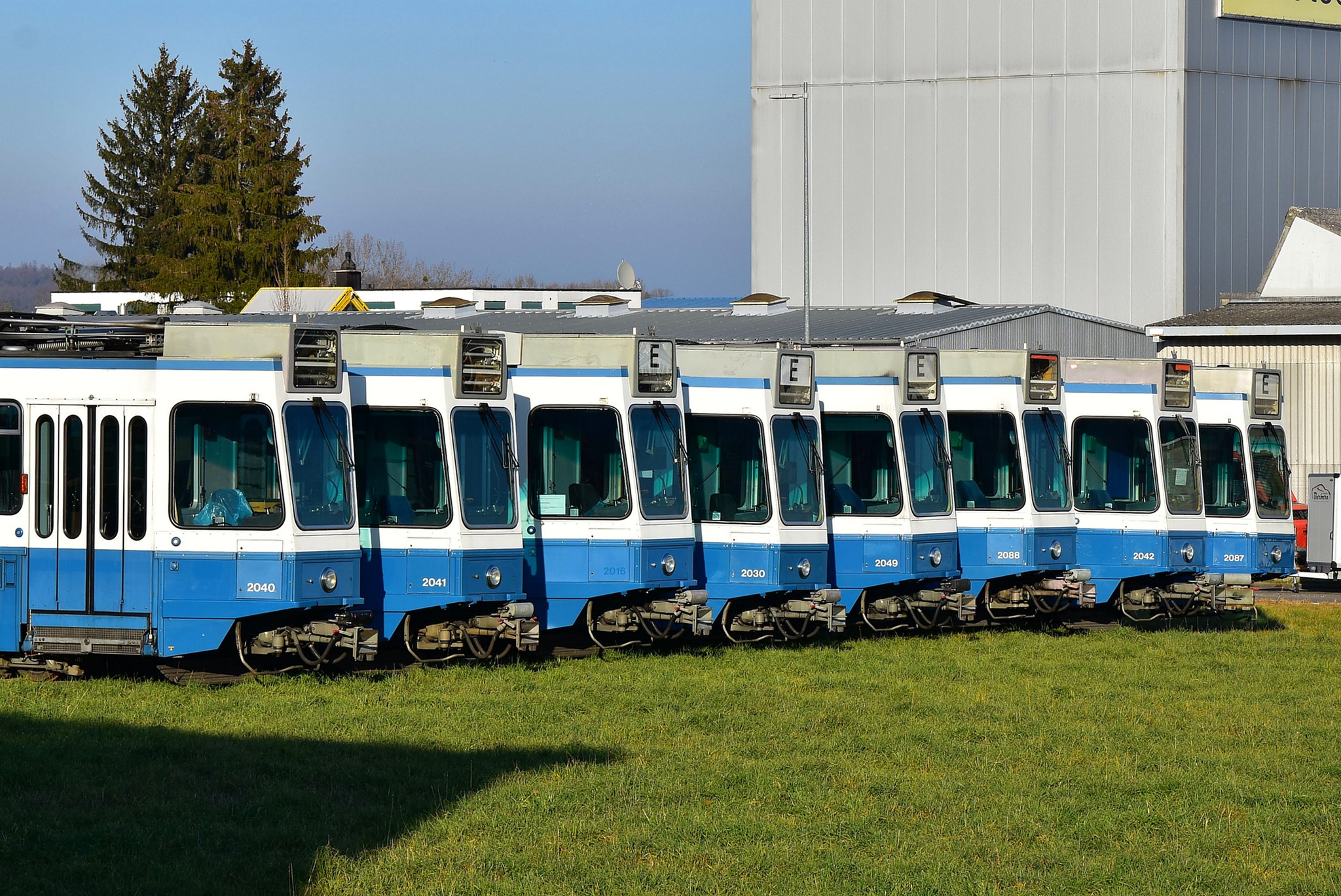

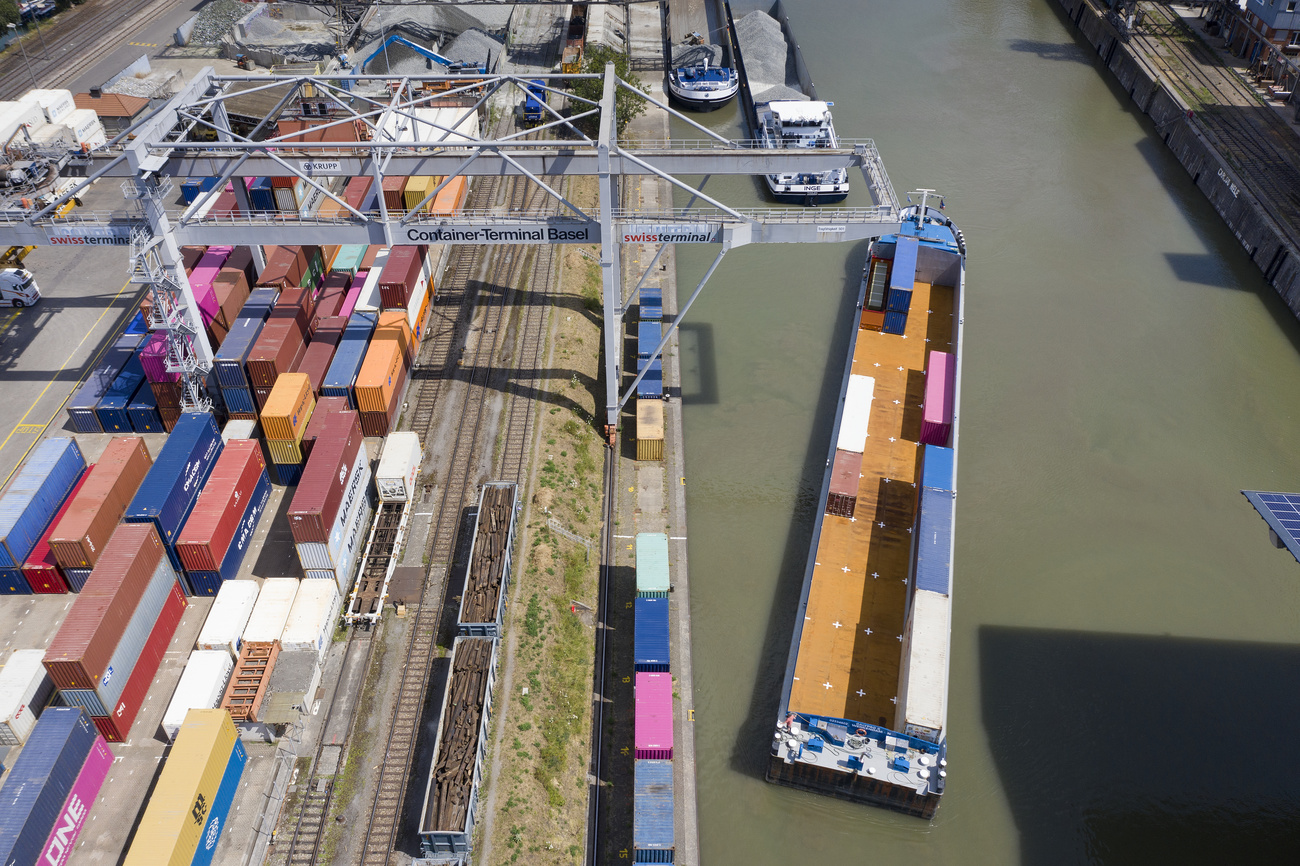

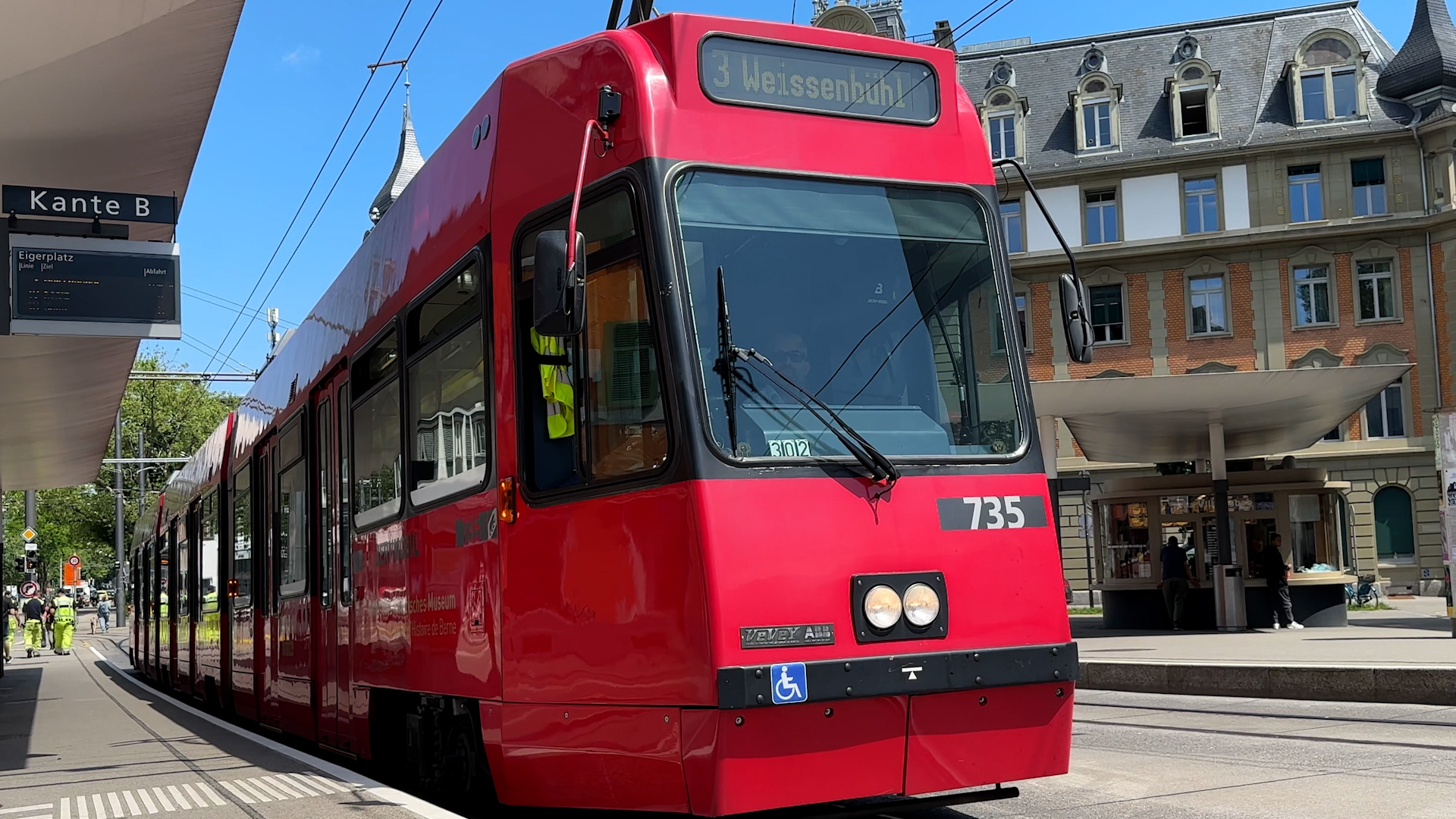



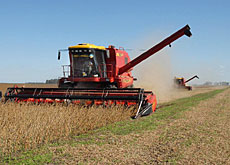

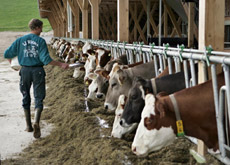
You can find an overview of ongoing debates with our journalists here . Please join us!
If you want to start a conversation about a topic raised in this article or want to report factual errors, email us at english@swissinfo.ch.